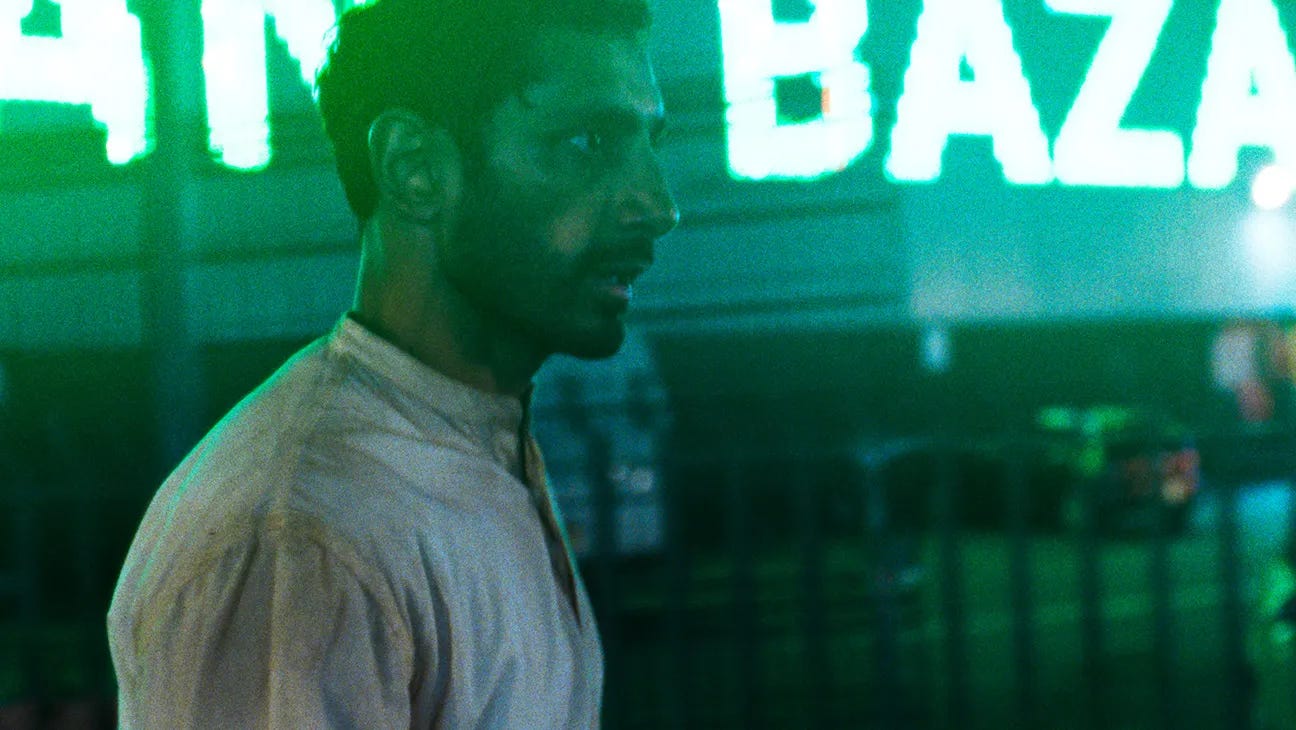Riz Ahmed on what Hamlet was really trying to tell us
A radical Shakespeare for our time -- and for everyone
Last night in London, I attended an early screening of a new Hamlet movie adaptation, starring the brilliant actor and loyal Ink reader (and no less trenchant rapper, it’s unfair, I’m generally against this level of concentrated anything) Riz Ahmed.
There is a lot to say about this brave and profound reinvention of Hamlet, which Riz spent years dreaming and inventing and creating. It takes a story that everyone knows and fears from grade school and re-situates it in Riz’s London — a South Asian British world in which the kingdom is a real estate company and the soliloquies may be given while speeding down a highway in a BMW. I couldn’t get enough. Wow.
But I want to highlight just one thing Riz said in the discussion afterward last night that blew my mind. In many ways, his project has been to “take Shakespeare back.” Take it back from an educational establishment that teaches it in ways that scare students rather than pull them in. Take it back from those who would view it as a single culture’s property rather than a story that speaks to multicultural Britain now — and to everyone on earth. But, above all, perhaps, Riz was determined to take Shakespeare back from those who would strip the radicalism from it, those who would defang it and do with it what was done to the thought of Martin Luther King, Jr., for example. And he illustrated this by wholly reframing the most well-known stretch of the play, the “To be, or not to be” soliloquy. I will never see it the same way.



